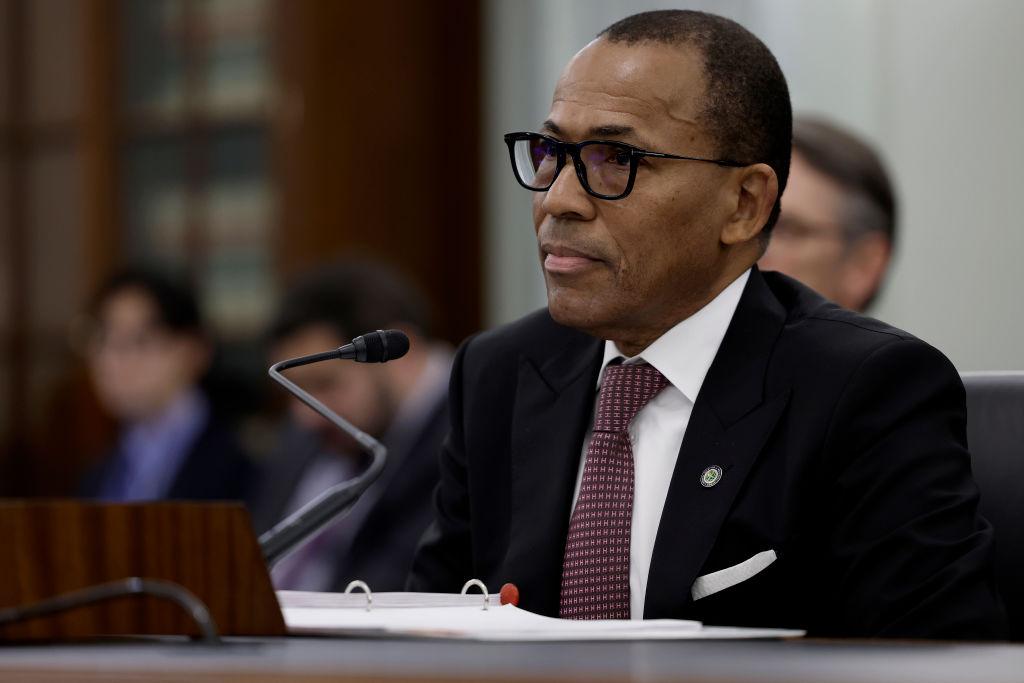
Acting FAA Administrator Billy Nolen
WASHINGTON—FAA Acting Administrator Billy Nolen will step away from the agency this summer, setting the stage for a third temporary leader to take charge amid a significant safety-improvement push and critical reauthorization process.
“[It] is time for a new captain to guide the FAA,” Nolen wrote in an April 21 memo to FAA employees. “I told [DOT Secretary Pete Buttigieg] and notified the White House that I will depart as a new nominee is named this summer. I have given everything to this agency, and now it’s time to do the same for my family, who have sacrificed so much and supported me during my time at the FAA. “
Nolen joined the FAA as head of Aviation Safety in January 2022. Just four months later, he was asked to serve as acting administrator, filling in for Steve Dickson, who resigned less than half-way through a five-year term. The lone Biden Administration pick to relieve Nolen and replace Dickson, Denver International Airport CEO Phil Washington, withdrew amid a stalemate among lawmakers who declined to vote on the nomination.
Nolen has helped the agency implement certification reforms started under Dickson--many of them mandated by Congress in late 2020. He’s also launched several new initiatives, notably a “safety call to action” in March in response to a series of serious incidents. Early signs point to an extended effort to re-examine how industry collects and analyses safety data.
Of greater concern is expiration of the FAA’s current five-year funding bill at the end of September—the first five-year bill since 1982. Securing long-term, predictable funding to help advance air traffic control modernization; bolster agency staffing—particularly in the air traffic control division; and back new initiatives such as fast-tracking certification of next-generation air mobility vehicles and propulsion systems, depends on funding certainty and appropriate, qualified staffing. The timing of Nolen’s departure and history of drawn-out battles over reauthorization bills means the agency is on track to be without a permanent administrator—and de facto public face—and a finalized funding package, by fall.



